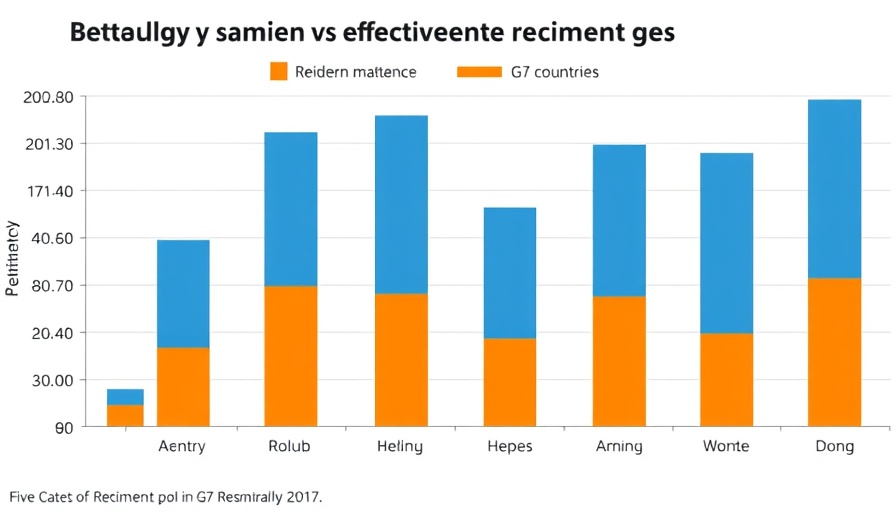
The Power of Connections in Today’s Workforce
A recent survey has revealed that a staggering 70% of U.S. workers believe connections outweigh credentials in the hiring process. This insight is particularly relevant for leaders aiming to foster a high-performance culture in their organizations. Yet, while many workers recognize the importance of networking, most hesitate to reach out due to fears of rejection or feeling like a nuisance.
Understanding Networking Barriers
Workers face a myriad of psychological barriers when it comes to cold outreach. In fact, 42% of respondents admit they have never sent a cold message to pursue professional opportunities. They often fear they may be bothering someone or doubt the effectiveness of their outreach. These sentiments highlight a significant area where organizations can implement strategies to enhance employee engagement and boost networking confidence.
Innovative Solutions for Networking Challenges
To combat these hesitations, companies can focus on creating inclusive networking spaces and support systems, such as mentorship programs. Such initiatives can bridge gaps in professional development, allowing both seasoned professionals and newcomers to cultivate essential relationships. Furthermore, as organizational health directly correlates with employee performance, addressing these networking challenges is not only beneficial for individuals but also imperative for leadership development.
Utilizing Technology to Enhance Networking
Interestingly, the survey notes that 56% of workers are open to leveraging artificial intelligence tools to facilitate networking. While using tools like ChatGPT and Grammarly can improve communication, a substantial proportion of workers remain wary, indicating that authenticity remains paramount. Leaders can encourage their teams to find a balance between technological assistance and genuine engagement, fostering a culture where employees feel empowered to share their insights and talents.
Creating a People-First Leadership Approach
As CHROs and executives consider their workforce strategy, implementing people-first leadership principles is vital. This means empowering employees not only to engage with their networks but to feel valued for their unique contributions. By adopting robust employee retention strategies and creating pathways for career advancement, organizations can cultivate a thriving environment that values connections just as much as credentials.
In conclusion, fostering a strong network is essential for individual and organizational success. Leaders are encouraged to rethink networking barriers and enhance employee engagement through actionable insights and mentorship opportunities. By doing so, they can cultivate a high-performance culture that thrives on relationships.
 Add Row
Add Row  Add
Add 




Write A Comment